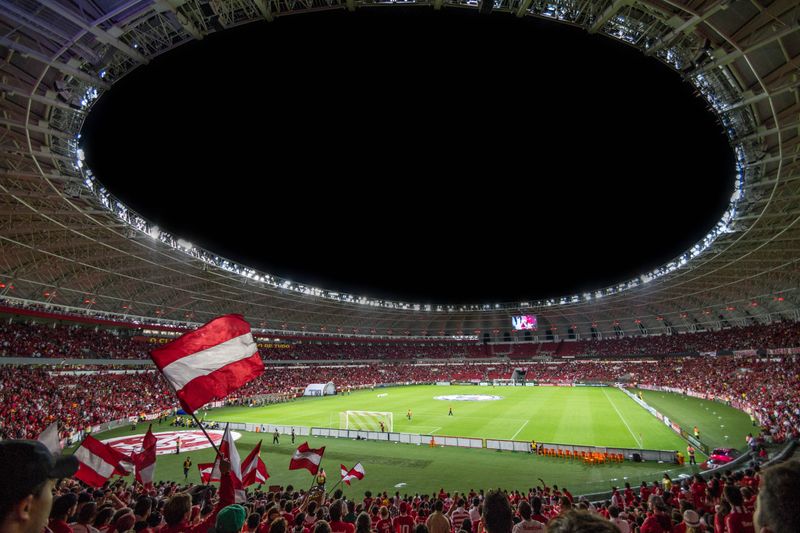The Cost of Expanding Major League Soccer
Major League Soccer (MLS) is set to add a 30th team to its ranks and will do so in spectacular fashion, shattering the previous record for expansion fees. San Diego has been selected as the home for the new franchise, and it is reported that Egyptian billionaire Mohamed Mansour will pay a record $500 million to launch the club, significantly more than the previous record set by Charlotte FC in 2019. Additionally, The Sycuan Tribe of the Kumeyaay Nation, who have a long history in the area, are expected to be part of the ownership group.
The Business of Sports Expansion
The decision to expand the MLS to San Diego comes during a time of significant growth for the league. In recent years, expenses associated with running a team have increased, however, so too have revenue streams. With the growth of viable soccer markets in the United States, the financial decision to expand the league to new territories has increasingly become more of a sound investment. In this case, San Diego serves as an attractive target market for the league, given the city’s high population, economic strength, and potential fan base.
The decision to expand into new markets, however, is not without its risks. New franchises need to attract a loyal fan base and represent the league well on and off the field. In addition, MLS teams operate within a unique, salary-capped system that can present significant challenges for new owners. In response, people like Mohamed Mansour have to either invest more money in their team or navigate more creatively to manage expenses over the long-term.
The Role of Expansion Fees
One of the reasons why the price tag for San Diego’s franchise is so high is that it includes an expansion fee, a one-time payment made to MLS that allows a new team to join the league. The league’s current structure incentivizes other teams to support the addition of new clubs with high expansion fees. It increases the equity of all the other MLS teams since the current owners split the fees.
Given the financial power of many franchise owners in the league today, it’s clear that the MLS sees considerable potential in the continued expansion of its brand in major American cities, which is a sign of a successful sports business.
Conclusion
MLS’s decision to add San Diego as the 30th team is a significant moment for the league. It shows the continued viability and increase in popularity of soccer in America, as well as the financial and economic strength of the sport. And while the risk of expensive expansion fees (and other ongoing financial obligations) remains, the significant investment Mohamed Mansour and the Sycuan Tribe is likely to pay off if the team draws a loyal fan base. Over time, the San Diego franchise is expected to become a significant contributor to the prosperity of the MLS.

<< photo by Riccardo >>
You might want to read !
- “The NBA’s 2023 Eastern Conference Finals: Preview and Viewing Guide for Heat vs. Celtics Game Tonight”
- “Senator Tammy Duckworth’s Journey: From Giving Birth in Office to Championing Working Moms”
- “Real Madrid Looks to Secure La Liga Win Against Getafe in Key Matchup”
- The Impact of MLS Team Expansion in San Antonio on Local Soccer and Community Development
- “Manchester City’s Bernardo Silva Emerges as Hero with Double Strike against Real Madrid”
- “Champions League Showdown: Manchester City and Real Madrid poised for a Nail-biting Clash”




